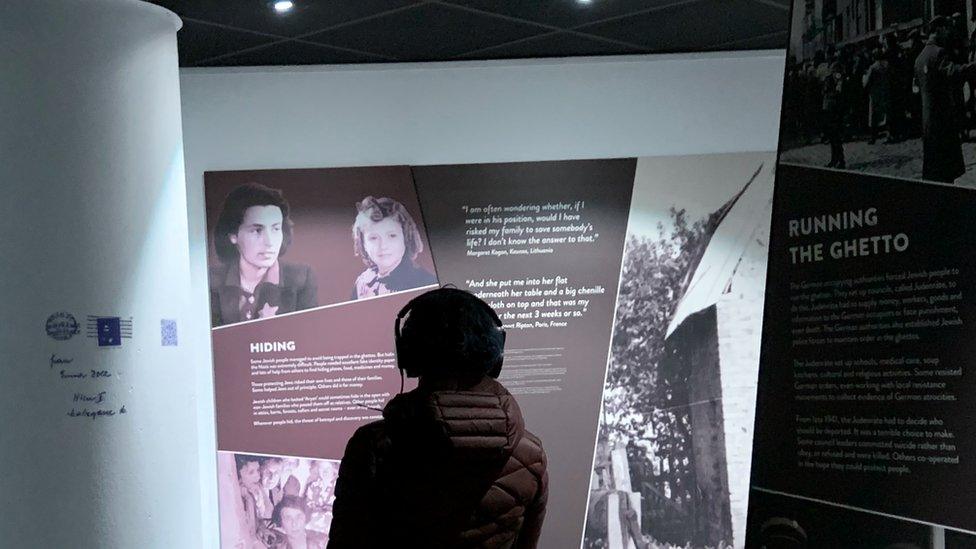Holocaust centre appeal for 'treasured mementos'
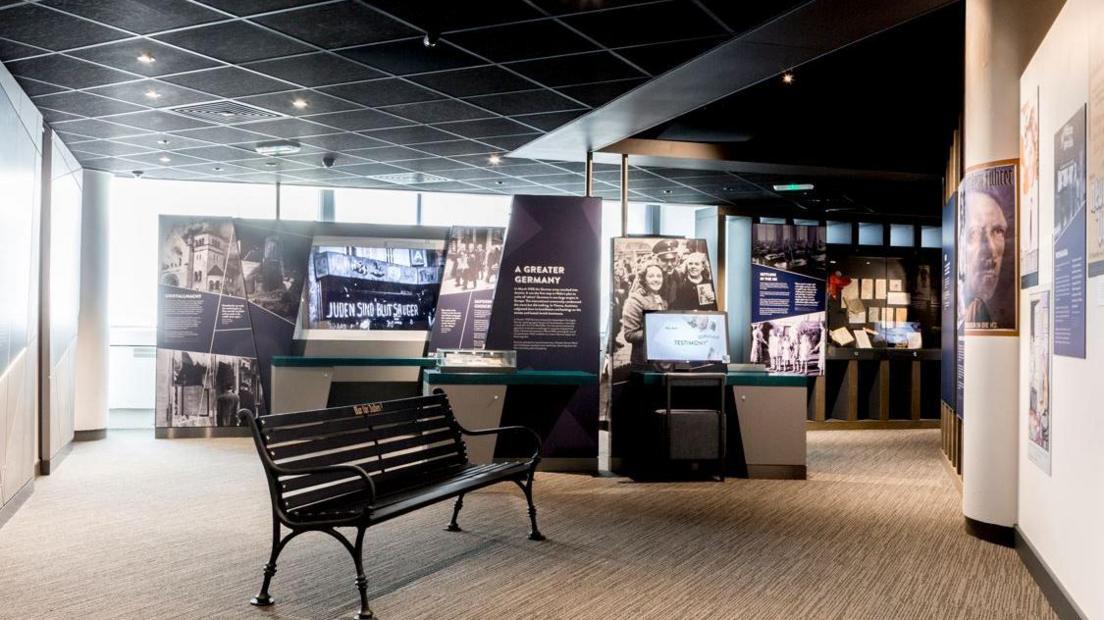
Holocaust Centre North wants to hear from families with personal items connected to Jewish festivals
- Published
A Holocaust museum has launched an appeal to ensure "a whole part of history" is kept alive by displaying mementos and possesions connected to Jewish festivals and feasts.
Holocaust Centre North has asked for donations relating to the Jewish New Year, Yom Kippur, the Succot harvest festival and the Simchat Torah celebration.
The centre, based at the University of Huddersfield, said items such as photographs, greeting cards and homemade recordings held "immense educational and historic significance".
A spokesperson said any "personal treasures" would be safeguarded, and where possible, digitised for preservation, "ensuring family histories were shared and never forgotten".
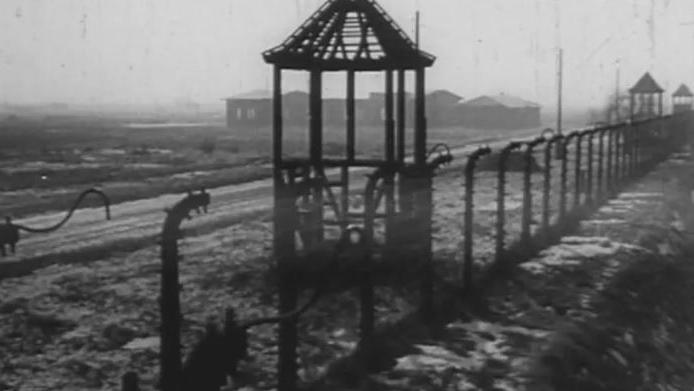
Auschwitz in south-western Poland was the Nazis' biggest concentration camp
Holocaust Centre North contains artefacts from daily life in the Nazi concentration camps and testimony from survivors.
Six million Jews and millions of other people were murdered in the Holocaust, before and during World War Two.
A spokesperson for the museum said without donations of personal objects and archive materials, the history of the Holocaust, along with local stories of building new lives in the north of England, risked "becoming less accessible for future generations".
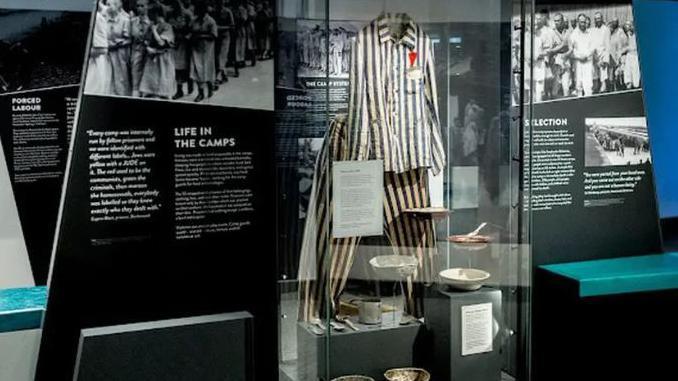
The museum was founded by survivors of the Holocaust and moved to a permanent home on the University of Huddersfield campus in 2018
Hari Jonkers, Holocaust Centre North's archivist, said the donations would continue to educate future generations about the Holocaust.
He said that had become a more difficult task now that fewer survivors were alive.
Mr Jonkers said the donations would also "enrich people's understanding of pre-war Jewish life in Europe and the post-war lives of survivors, refugees and their families".
"That is why we would dearly love to gather more documents, letters, small items or photographs that represent the Jewish High Holy days," he said.
Listen to highlights from West Yorkshire on BBC Sounds, catch up with the latest episode of Look North or tell us a story you think we should be covering here, external.
Related topics
- Published6 September 2018
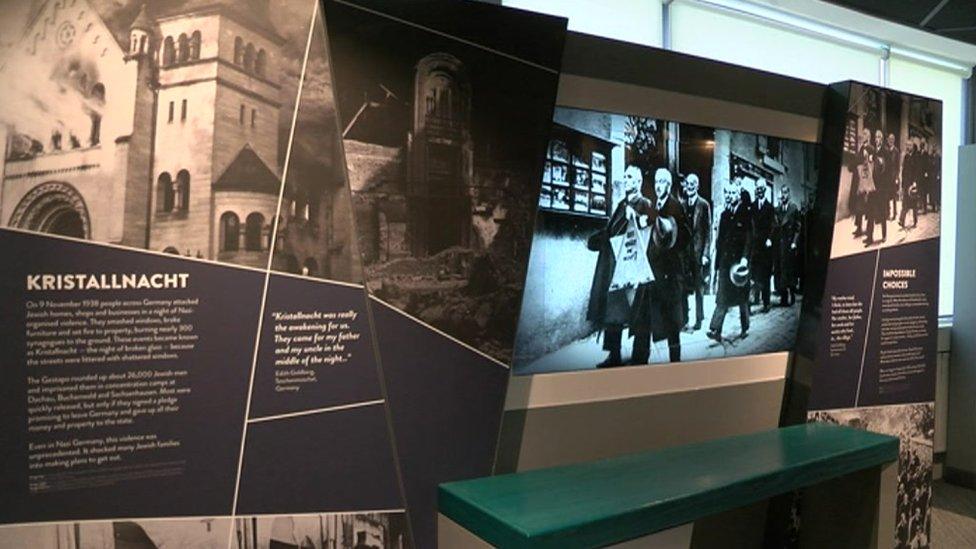
- Published5 January 2023
